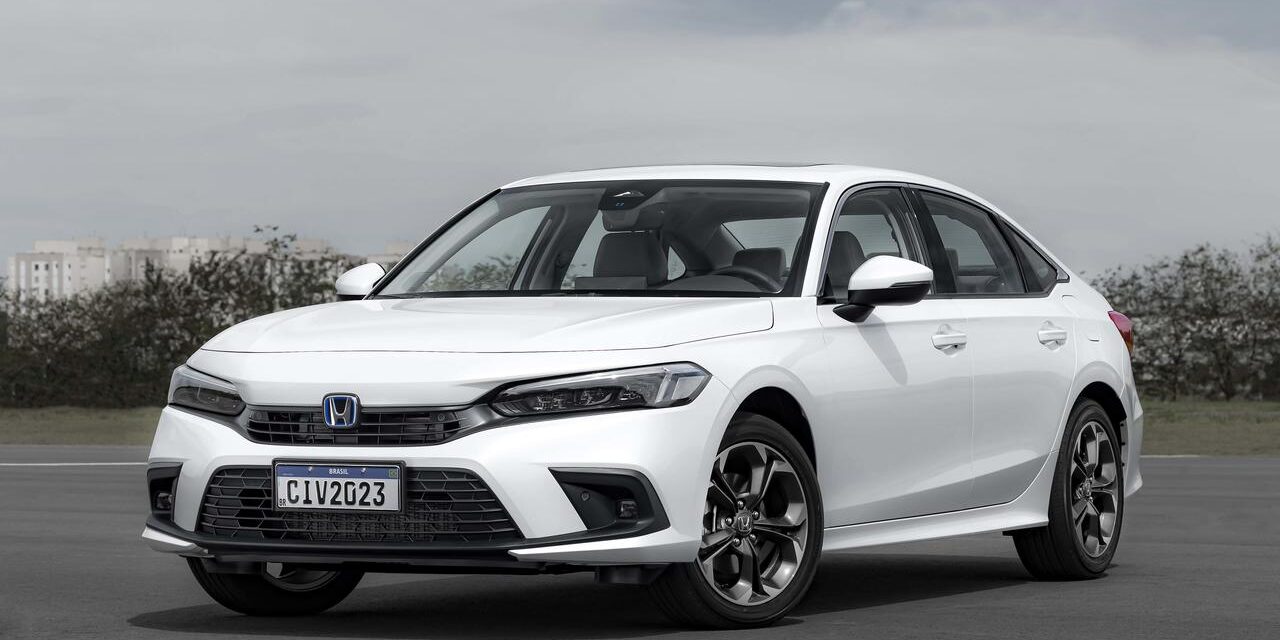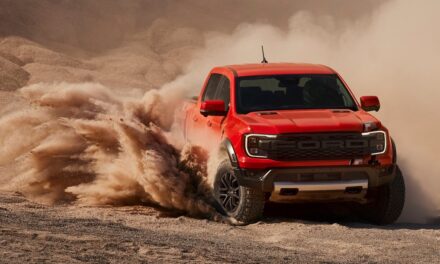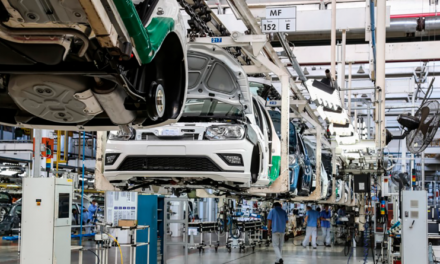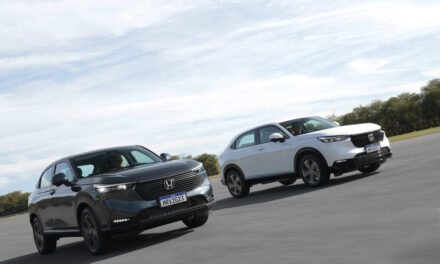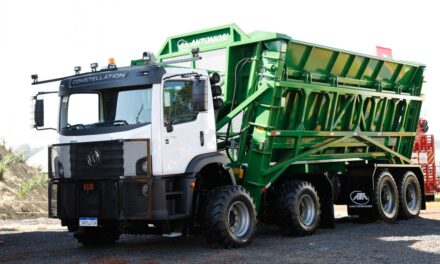By Alzira Rodrigues | 7/10/23 | Translated by Jorge Meditsch
Amidst the debates on the electrification ways in Brazil, the current indications show resistance by Brazilian consumers to 100% electric models. The first semester’s balance shows that the electrified segment is exclusively gaining space in the Brazilian market due to hybrid vehicles.
The battery electric model sales grew in the period similarly to the total automobile and light commercial vehicles market, by about 10%, meaning that the segment share – just 0.4% – kept stable regarding last year’s. Only 3,770 BEVs were licensed in six months, compared to 3,397 in last year’s first half.
Hybrid sales grew by almost 70% in the same period, from 16,868 to 28,470 units. The market share reached 3% this year (2.2% in 2022), according to Anfavea data released last Friday, 7/7.
Differently from 100% electric models, all imported, some hybrid models are produced locally by Toyota and Caoa Chery. Two major sector manufacturers, Stellantis and Volkswagen, promised short-term launches of flex-fuel hybrids.
Among the largest manufacturers, only General Motors says it will not launch hybrids in the Brazilian market and will offer only 100% electric models. The other brands, including Renault, admit studies about this.
Anfavea’s president, Márcio de Lima Leite, said at Electric Days Brasil, an event held by Motorsports Network in São Paulo at the end of June, that it is not the moment to make an option detrimental to the other. In his evaluation, fully electric and flex-fuel hybrids must coexist harmonically in the decarbonization process:
“It is up to the consumer to decide what technology he sees as more convenient to use day-by-day”.
Among the electric brands imported with local production perspectives are the Chines BYD (which produces only 100% electric models) and GWM, which started operation in Brazil with a hybrid model. BYD has just confirmed a R$ 3 billion investment in a plant in Bahia. GWM will produce cars in Iracemápolis, SP.
These initiatives shall contribute to the electrified sales in the country together with launches from manufacturers already operating in Brazil, such as the Volkswagen ID.4. What will prevail is still a doubt, but considering the way taken by most local manufacturers, the flex fuel hybrid shall have a secured space during a possible transition to full-electric models.
- Tarifaço dos EUA pode favorecer negócios da Volda no Brasil - 22 de abril de 2025
- Mahle negociano Brasil fornecimento de peças para híbridos - 22 de abril de 2025
- Lay-off na GM em Gravataí começa na terça-feira, 22 - 17 de abril de 2025

